Reportage

The nation mourns the victims of the grisly attack on an Awami League rally in Dhaka on 21 August 2004, re-living the painful memories of the incident that took place 16 years ago.
At least 24 people were killed and around 300 injured when grenades were lobbed on an Awami League rally in the capital's Bangabandhu Avenue on August 21, 2004.
Incumbent Prime Minister Sheikh Hasina, the then opposition leader in parliament, narrowly escaped the attack with an ear injury.
Overcoming all legal barriers, in a landmark verdict, a Dhaka court on October 10, 2018 awarded capital punishment to 19 people, including former state minister Lutfozzaman Babar and former deputy minister Abdus Salam Pintu in two cases filed over the attack.
The court also awarded life term imprisonment to 19 people, including BNP acting chairman Tarique Rahman, BNP chief and former prime minister Khaleda Zia's political secretary Harris Chowdhury and former BNP lawmaker Qazi Shah Mofazzal Hossain Kaikobad while 11 others were awarded jail terms of various duration.
Aug 21 grenade attack: A timeline of events
August 21, 2004
[BNP-led alliance in power]
At 5:22pm, Islamic militant outfit Huji carries out the grenade attack on an Awami League rally in Dhaka, killing 24 people and injuring 300 more. Sheikh Hasina narrowly escapes assassination attempt.
Attackers leave the spot safely, reportedly with the help of the administration and the law enforcement agencies.
Hasina blames the BNP-led government for the attack and asks it to quit.
August 22, 2004
Shocked Awami League activists stage protests and clash with police in the capital. The government forms a one-member judicial inquiry commission led by a High Court judge.
August 23, 2014
US President George W Bush expresses shock at the grenade attack. US Secretary of State Colin Powell phones Hasina and PM Khaleda Zia to convey the message.
The US, the UK, Pakistan and India offer help to probe the carnage.
The Detective Branch (DB) of police takes charge of investigation but fails to begin its work.
August 25, 2014
Several foreign missions in Dhaka express dissatisfaction over the government's poor performance in identifying the criminals involved in the 10-truck arms haul and bomb attacks in different parts of the country.
August 26, 2014
The government announces that it will seek Interpol's help to investigate the carnage. The CID takes over the investigation.
August 29, 2014
Interpol experts arrive in Dhaka, scan carnage scene and collect information from local investigators.
September 1, 2014
FBI agents arrive to probe the grenade attack.
September 5, 2014
US State Department's counter-terrorism coordinator Joseph Cofer Black arrives and meets Khaleda and Hasina.
October 2, 2014
The judicial inquiry commission claims in its report to have identified the perpetrators of the carnage, but its head Justice Joynul Abedin declines to disclose their identities, hinting at the involvement of foreign forces apart from the local ones.
July 31, 2007
[Caretaker Government in power]
A new CID official is given the charge for fresh investigation into the carnage.
June 11, 2008
The CID submits charge sheet accusing 22, including Huji leader Mufti Hannan and former deputy minister of the BNP-led government Abdus Salam Pintu. The chargesheet hints at the involvement of some government and security high-ups in the plot.
October 29, 2008
Court frames charges against the 22 accused (and begins trial the following month).
June 22, 2009
[AL-led alliance in power]
Prosecution files a petition with the court for further investigation to identify the suppliers of grenades and sources of financing.
August 3, 2009
Court orders further investigation.
August 12, 2009
A new CID official is assigned for conducting further investigation (and he continues the task for about 23 months).
July 3, 2011
The CID submits a supplementary chargesheet accusing 30 more individuals, including politicians, senior officials of civil and military intelligence and law enforcement agencies.
March 18, 2012
Court frames fresh charges against 30 individuals accused in the supplementary charge sheet, taking the number of accused to 52.
Khaleda Zia's elder son Tarique Rahman; then state minister for home Lutfozzaman Babar; Harris Chowdhury, political secretary to then PM Khaleda; Jamaat leader and then social welfare minister Ali Ahsan Mohammad Mojaheed; then BNP MP Kazi Shah Mofazzal Hossain Kaikobad; then DGFI director Brig Gen Rezzaqul Haider Chowdhury; then NSI director general Brig Gen Abdur Rahim; owner of Hanif Paribahan Mohammad Hanif; and then councillor of DCC Ward-53 Ariful Islam Arif are charged with masterminding and approving the attack plan executed by Huji men and their accomplices.
Huji founder Abdus Salam, Huji leaders Moulana Sheikh Farid, Moulana Abdur Rouf and Moulana Abdul Hannan Sabbir, Kashmir-based Lashkar-e-Taiba (LeT) leader Abdul Malek alias Golam Mohammad, Pakistan-based LeT leader Yusuf Butt alias Majid Butt, Mufti Shafiqur Rahman, Mufti Abdul Hai, Hafez Moulana Yahya and Babu alias Ratul Babu are indicted for killing, causing grievous hurt, attempt to murder, abetment and criminal liability.
Then IGP Shahudul Haque and then DMP commissioner Ashraful Huda are charged with providing financial and administrative support to the attackers.
Then deputy commissioner (East) of the DMP Obaidur Rahman and then DC (South) of the DMP Khan Sayeed Hassan are charged with having the evidence of the attack vanish and providing the killers with administrative assistance.
Lt Commander (retd) Saiful Islam Duke, also the nephew and private secretary to then PM Khaleda; then director of Counter Terrorism Intelligence Bureau of DGFI Maj Gen ATM Amin; and then DGFI official (later sacked) Saiful Islam Joarder are charged with protecting militant Tajuddin, who supplied the Arges grenades used in the attack, and helping him flee to Pakistan.
Then senior officials of the CID -- SP Ruhul Amin, ASP Munshi Atiqur Rahman and ASP Abdur Rashid -- and former IGP Khoda Baksh Chowdhury are charged with misleading the case and creating the ridiculous Joj Mia drama to save the killers.
Ruhul Amin, Atiqur Rahman and Abdur Rashid were the officials who led the first investigation when Khoda Baksh was the IGP.
March 27, 2012
Retrial begins.
Aug 19, 2015
The court so far has recorded the statements of 176 witnesses out of 491 in the case.
September 18, 2018
Trial complete.
October 10, 2018
Verdict pronounced.






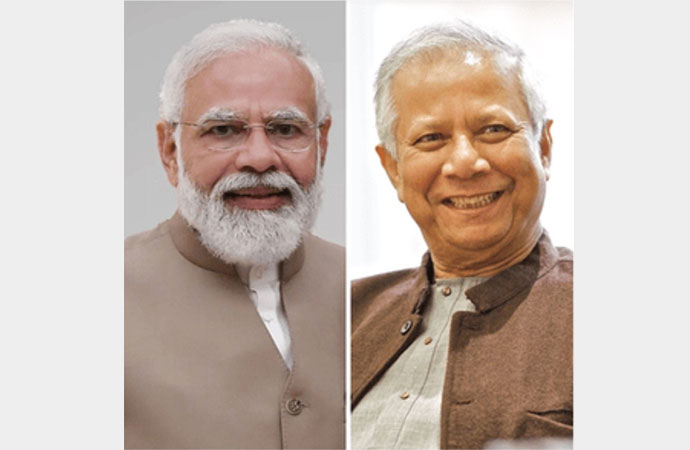
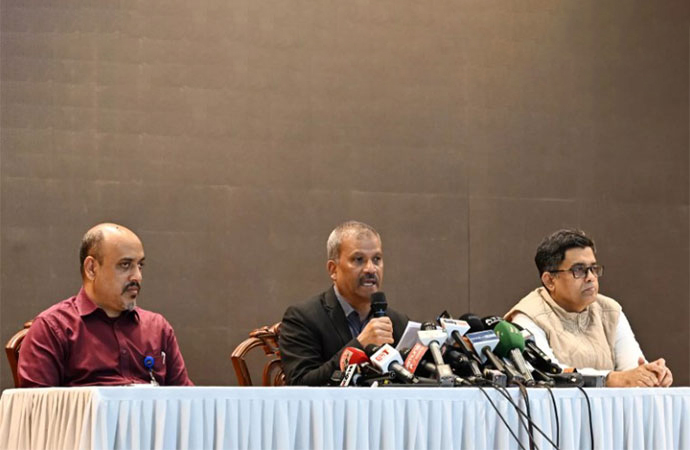

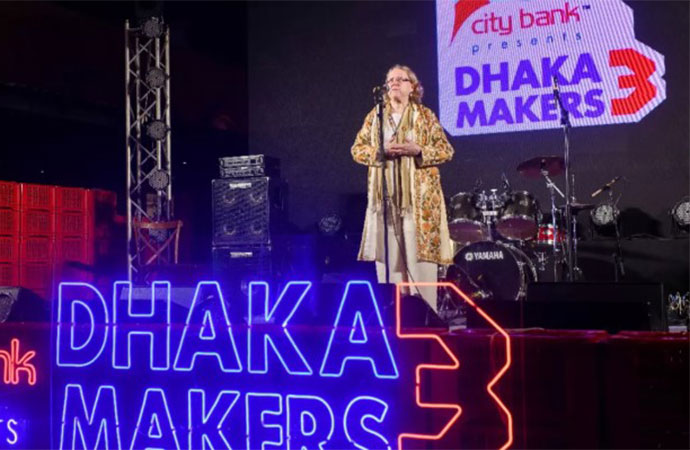
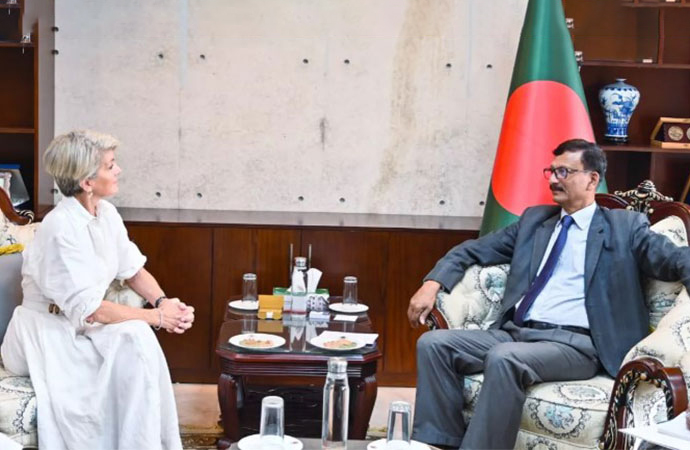
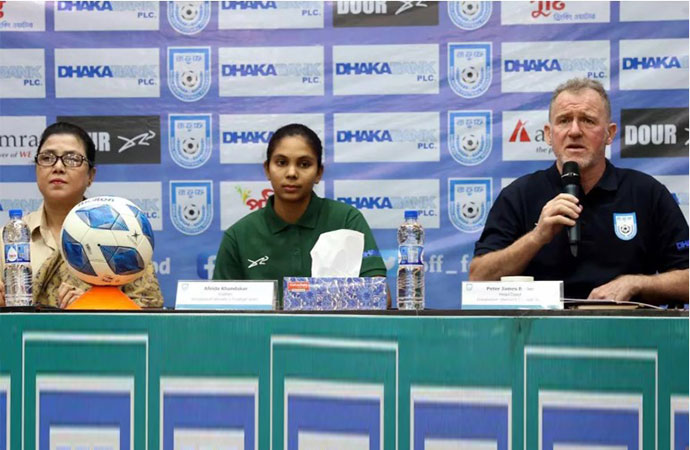








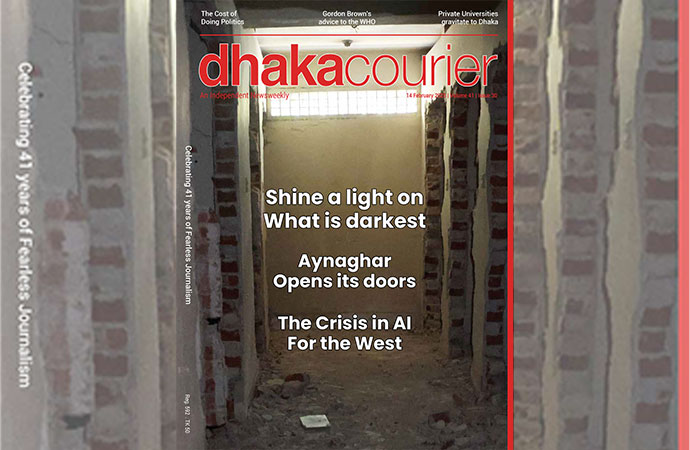
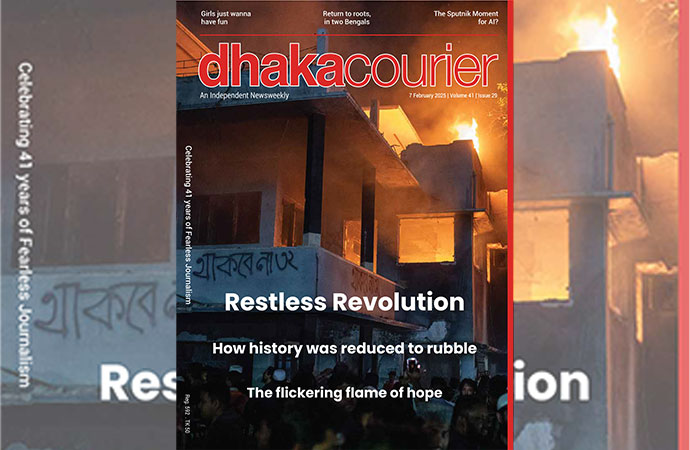
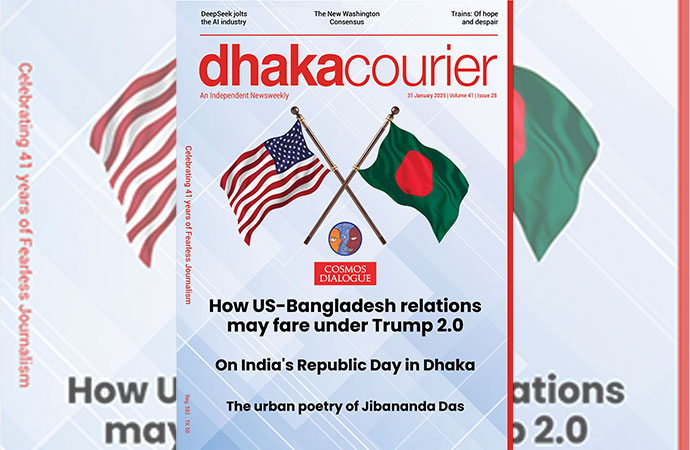

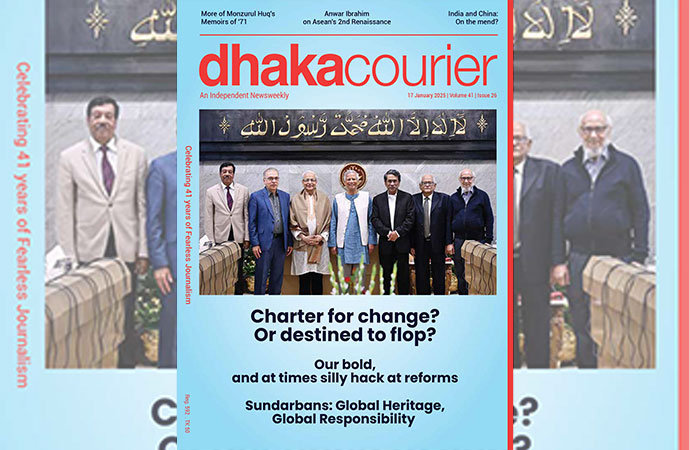
Leave a Comment
Recent Posts
The onus is on remaining unite ...
As one of the two most important persons in the post-Uprising dispensa ...
According to data from the Man ...
According to data from the Manabadhikar Shongshkriti Foundation (MSF), ...
The US supreme court has backed the Trump administra ..
Garden Gallery Cosmos welcomes Spring with daylong ‘ ..
Australia’s Dorado, Pavo fields similar to Banglades ..
What Should Be on the Global Financial Agenda?